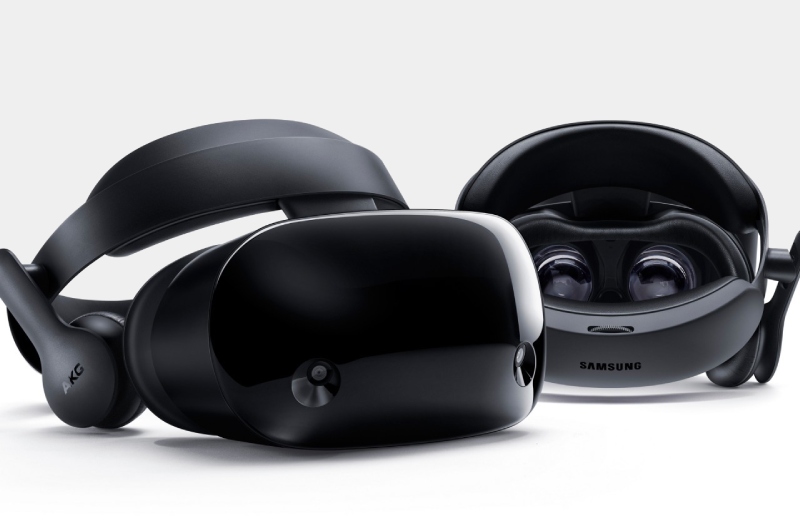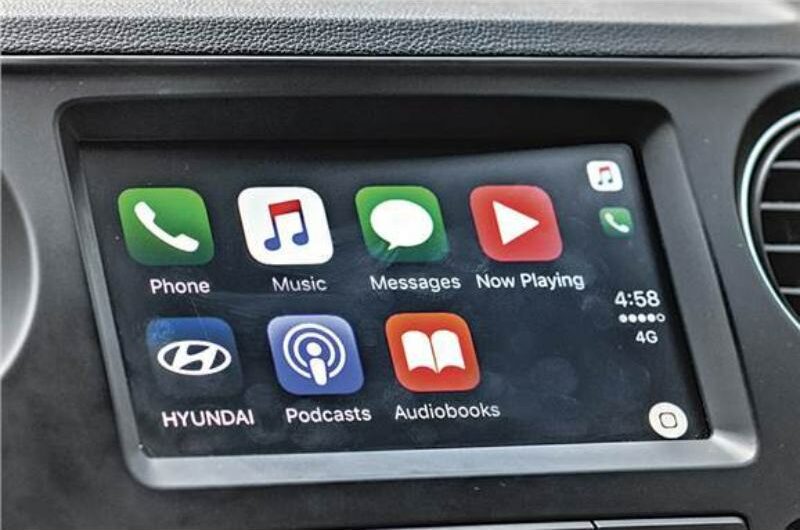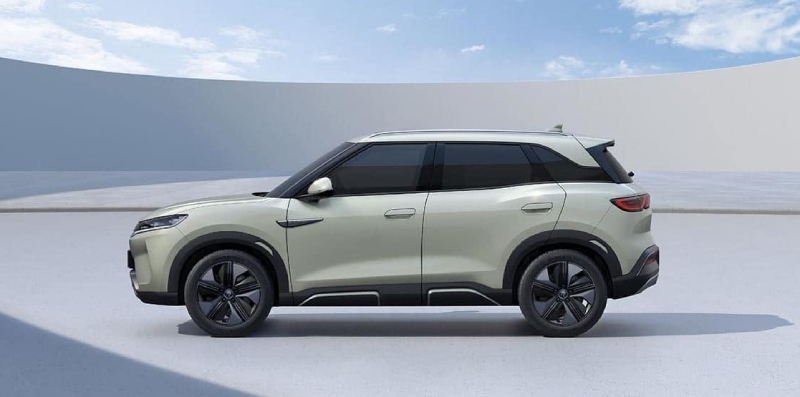Google and Samsung are teaming up once again to unveil an innovative virtual and augmented reality platform called “Android XR.” This collaboration promises next-generation headsets and smart glasses featuring an interface designed to integrate Google’s Gemini AI model, enabling interaction methods that extend “beyond gestures.”
Samsung’s first device under this platform, codenamed “Project Moohan” (from the Korean word for “infinity”), is still in development. Renderings of the headset suggest a minimalist design with fewer AR-specific sensors compared to competitors like the Meta Quest 3 and Apple Vision Pro. Moohan prioritizes augmented reality (AR), offering functionality similar to the Vision Pro, where users can select apps within an immersive AR environment using simple pinching gestures. While details on Moohan have been sparse, Samsung recently shared that these devices will feature internal displays and passthrough capabilities for mixed reality experiences.
What sets these devices apart is their AI-driven approach. Like the Ray-Ban Meta smart glasses, Samsung’s headsets will support voice-based control, complemented by likely eye and hand tracking. The integration of Google’s AI technology aims to enable “natural conversation” as a way to navigate apps and functions.
Android XR will serve as the foundation for virtual, augmented, and mixed reality features, offering compatibility with traditional Android apps like YouTube and Google Maps. A promotional video from Samsung showcases a user engaging with YouTube VR to explore a virtual Florence, a feature already accessible through the YouTube app on Meta Quest devices, albeit with less polish.
This partnership aligns with Google’s recent announcement of the Gemini 2.0 AI model, designed to empower AI agents capable of managing devices on behalf of users. Google’s Android president, Sameer Samat, emphasized how the multimodal AI powering Android XR will provide “natural and intuitive” control of these gadgets.
Samsung and Google appear to share a vision of AR glasses eventually replacing smartphones as the primary tech tool. While Meta works on its Orion AR glasses and Apple plans its entry into the smart glasses market, Google has opted to let Samsung spearhead hardware efforts while focusing on building out the Android XR ecosystem, anticipating that other manufacturers will join in—just as they did with Android for smartphones.
Topics #Android XR #AR Glasses #collaboration #Google #news #partnership #Samsung











